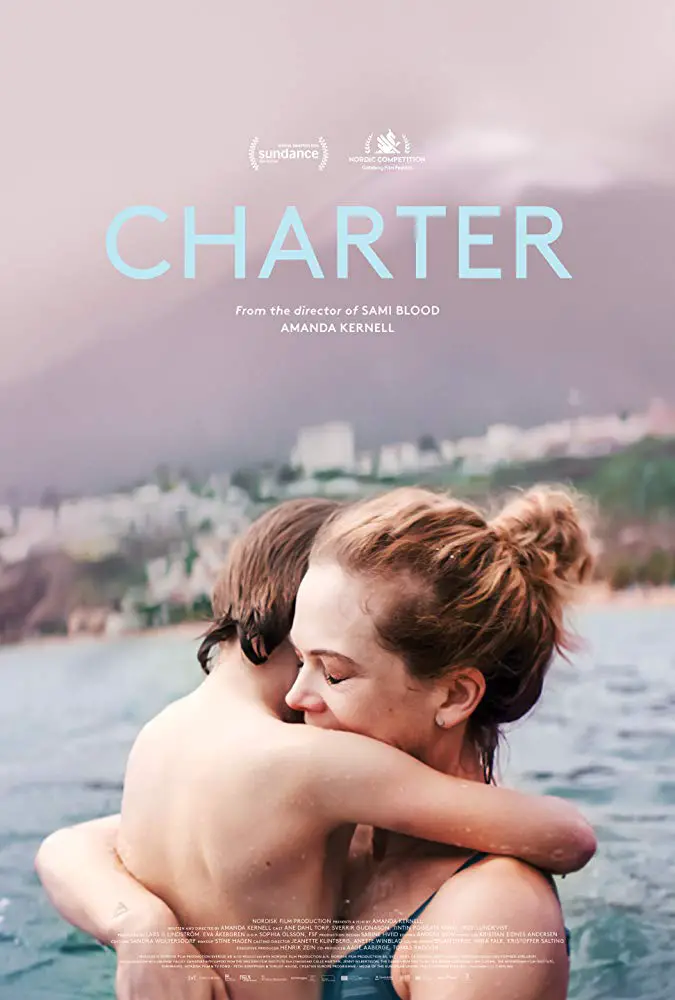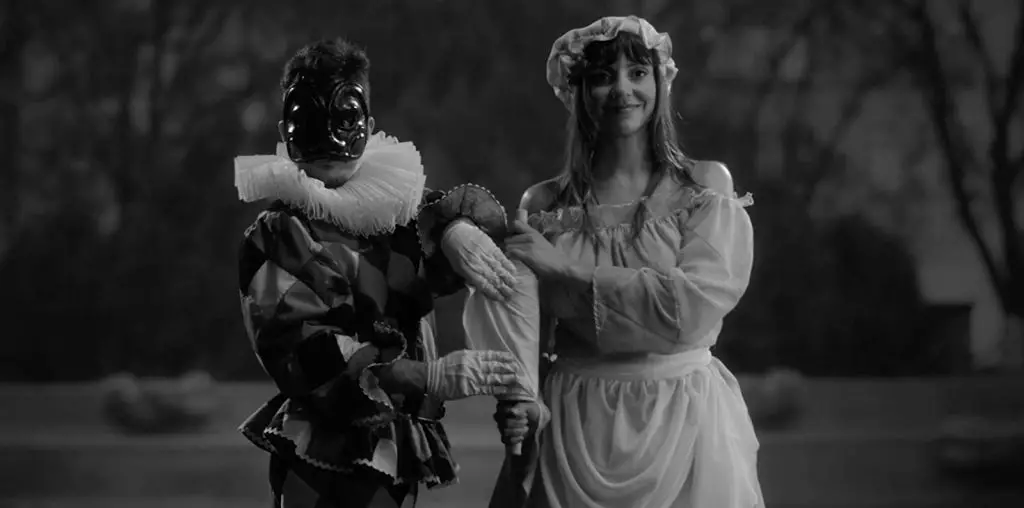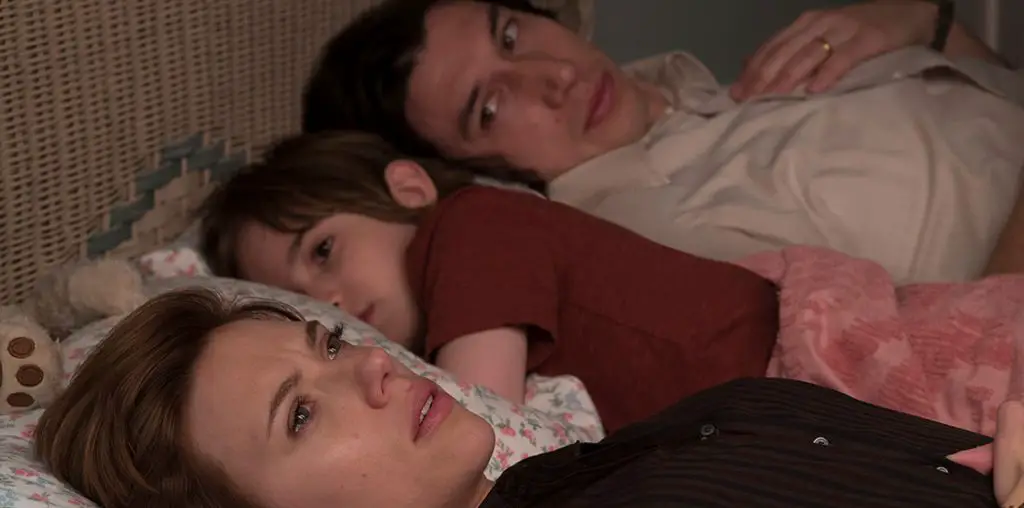
Somehow, Charter makes us come to understand that Alice had little choice but to illegally abduct her children to be able to spend quality time alone with them. Additionally, we might be siding with her morally questionable decisions because we do not know who Mattias is, or if he might be abusive. There are signs of a toxic relationship, and, clearly, the fault lies on both sides.
The film might seem like yet another “divorce story” with kids in the mix, though never an easy thing to deal with (see the recent, ironically titled Mariage Story or the classic Kramer Vs. Kramer), the movie still finds something authentic and heartfelt to say. From a tense run in the Swedish icy woods to sun-soaked scenes of “family fun-time” at beaches in the Canary Islands, Charter uses its setting to its advantage while exploring its many explosive topics.

“…uses its setting to its advantage while exploring its many explosive topics.”
Without spoiling anything, in the end, Alice will finally notice that a desperate parent can be a huge burden to bear for children as the role of the protector is reversed since kids naturally want to be emotionally supportive. On the one hand, we have Vincent, who is the one who tries to keep the status quo and wants things to be “normal” by allowing his mother’s fantasy, and on the other, Elina, the “truth-bearer.” Even though the young girl is pretty vocal about the whole situation, she internalizes a lot of her anger that could be linked to her suffering from depression or disorder.
Nevertheless, Charter wants to be a love story of sorts for divorced families. And despite the ups-and-downs, it is likewise a love story between a mother, daughter, and son. We see the three of them enjoying precious, intimate moments during their “vacation,” swimming, dancing, and even singing in a sweet karaoke scene revealing their strong bond. And that bond is what makes the film work.
Charter screened at the 2020 Sundance Film Festival.

"…a love story between a mother, daughter, and son."


